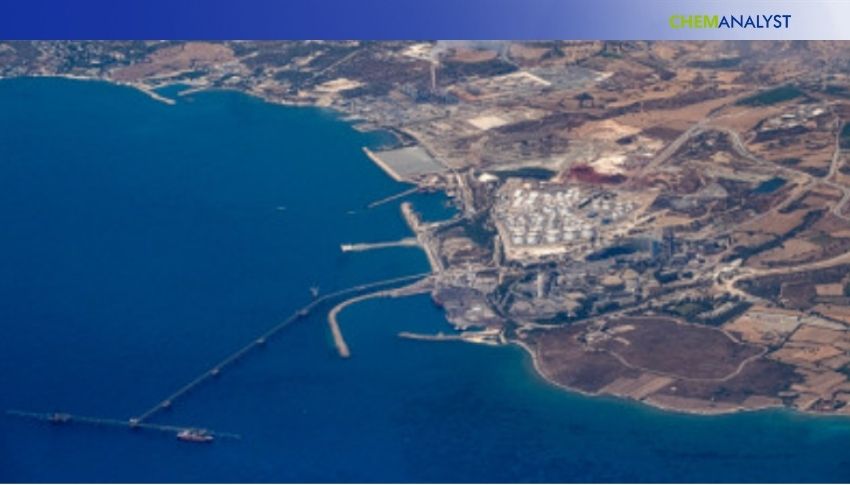Welcome To ChemAnalyst

ExxonMobil and Qatar Energy discovered new gas off Cyprus, strengthening regional energy potential and supporting Europe’s diversification from Russian supplies.
A consortium formed by ExxonMobil and Qatar Energy International has announced a new natural gas discovery in the eastern Mediterranean, further strengthening the region’s potential as a significant energy exporter. According to the Cypriot government, this latest find — the second for the consortium — was made at the Pegasus-1 well located roughly 190 kilometers southwest of Cyprus. The well lies beneath 1,921 meters (6,302 feet) of water and falls within Cyprus’ exclusive economic zone (EEZ).
The announcement, made on Monday, came after ExxonMobil’s Vice President of Exploration, John Ardill, briefed Cypriot President Nikos Christodoulides via teleconference. While no estimates of the quantity of gas at Pegasus-1 have been disclosed yet, further assessments are expected in the coming months to determine its commercial viability.
The discovery adds to a growing list of hydrocarbon finds in Cyprus’ waters, marking the sixth such discovery over the past 14 years. The ExxonMobil–Qatar Energy consortium already holds exploration rights for two blocks in Cyprus’ EEZ. In 2019, the consortium discovered the Glaucus-1 well within the same Block 10, with estimated reserves of approximately 3.7 trillion cubic feet of natural gas.
Other notable finds in the area include the Zeus and Cronos wells, both located in Block 6 and operated by an Eni-TotalEnergies consortium. Cronos is estimated to hold 3.1 trillion cubic feet of gas, while Zeus is estimated at 2.5 trillion cubic feet. Another nearby well, Calypso, is still undergoing evaluation. The earliest discovery in Cyprus' EEZ, the Aphrodite field in Block 12, is operated by a consortium including Chevron, NewMed Energy, and Shell. Aphrodite is estimated to hold around 5.6 trillion cubic feet of natural gas.
There are also broader geopolitical implications tied to these discoveries. According to John Sitilides, a senior fellow at the Foreign Policy Research Institute, these developments could support Europe’s drive to reduce its dependence on Russian hydrocarbons. The evolving energy partnership between Cyprus, Greece, and Israel could be further solidified with active backing from both Washington and Brussels. Sitilides emphasized that establishing a Mediterranean hydrocarbon network would significantly contribute to Europe's energy diversification and its efforts toward re-industrialization.
Cyprus’ Energy Minister George Papanastasiou suggested that ExxonMobil, Eni, and TotalEnergies might consider forming a partnership to jointly develop their gas assets due to their geographical proximity. Meanwhile, arrangements are already in place with Egypt for gas from the Cronos and Aphrodite fields to be exported via pipeline for domestic use or processed at Egyptian LNG facilities for re-export, mainly to European markets.
We use cookies to deliver the best possible experience on our website. To learn more, visit our Privacy Policy. By continuing to use this site or by closing this box, you consent to our use of cookies. More info.
